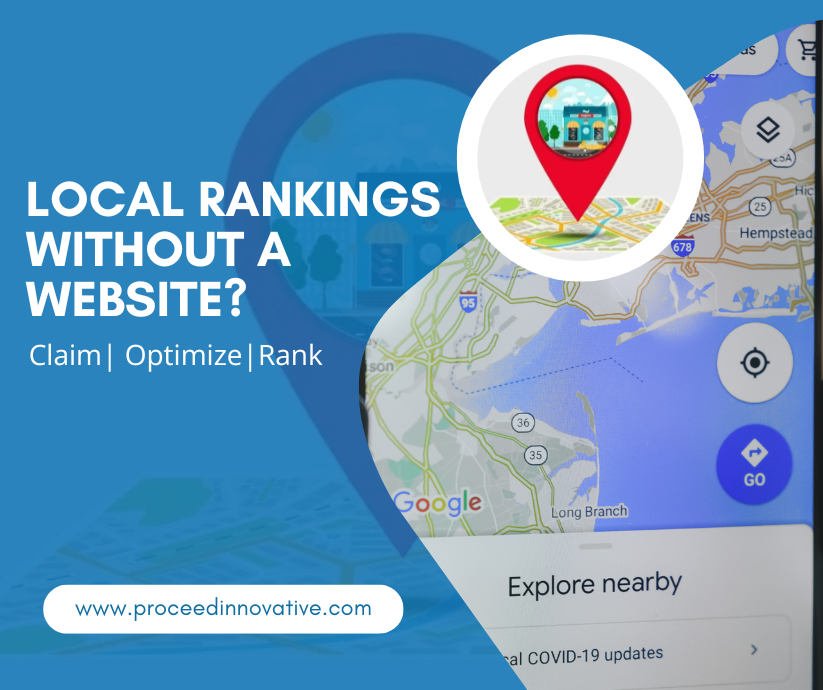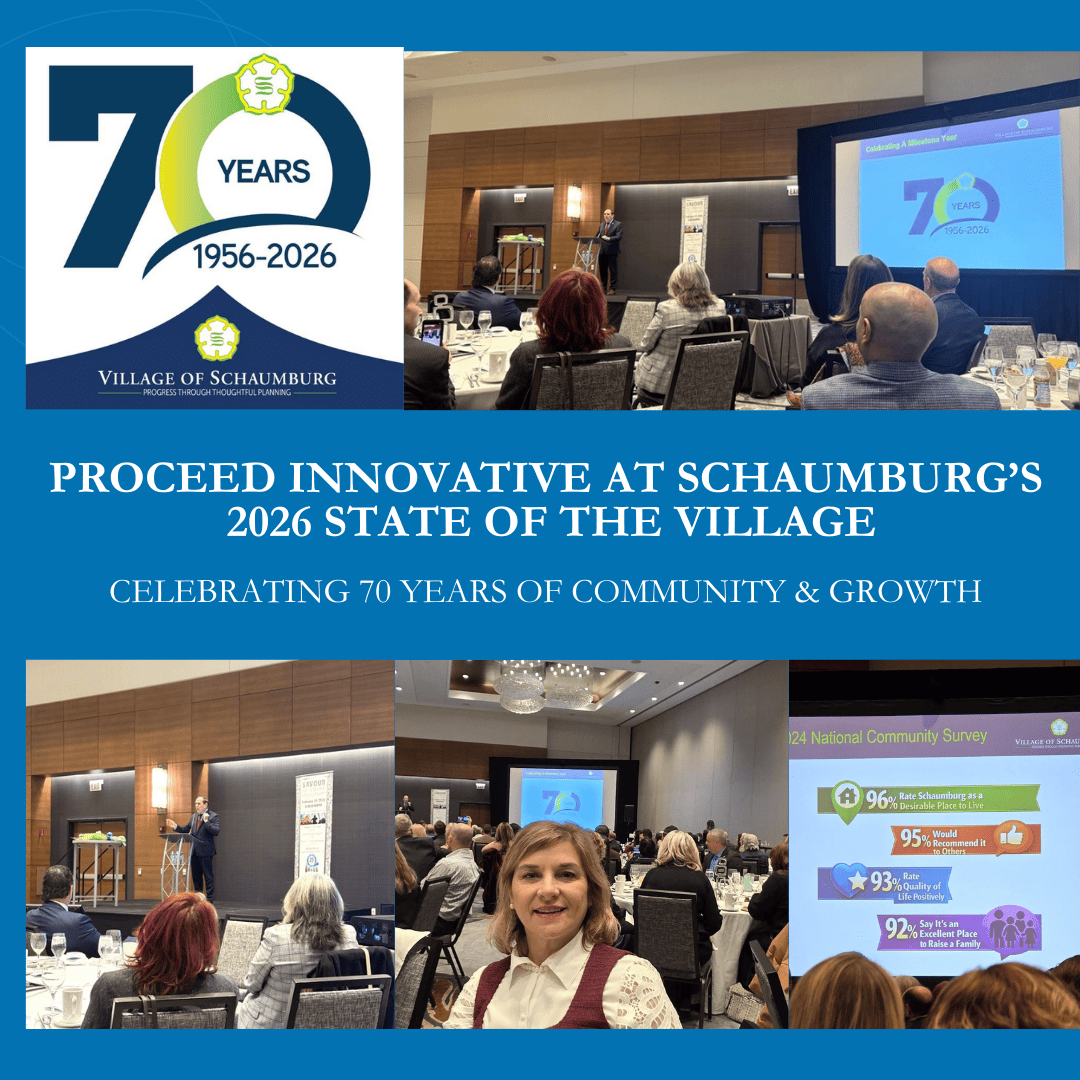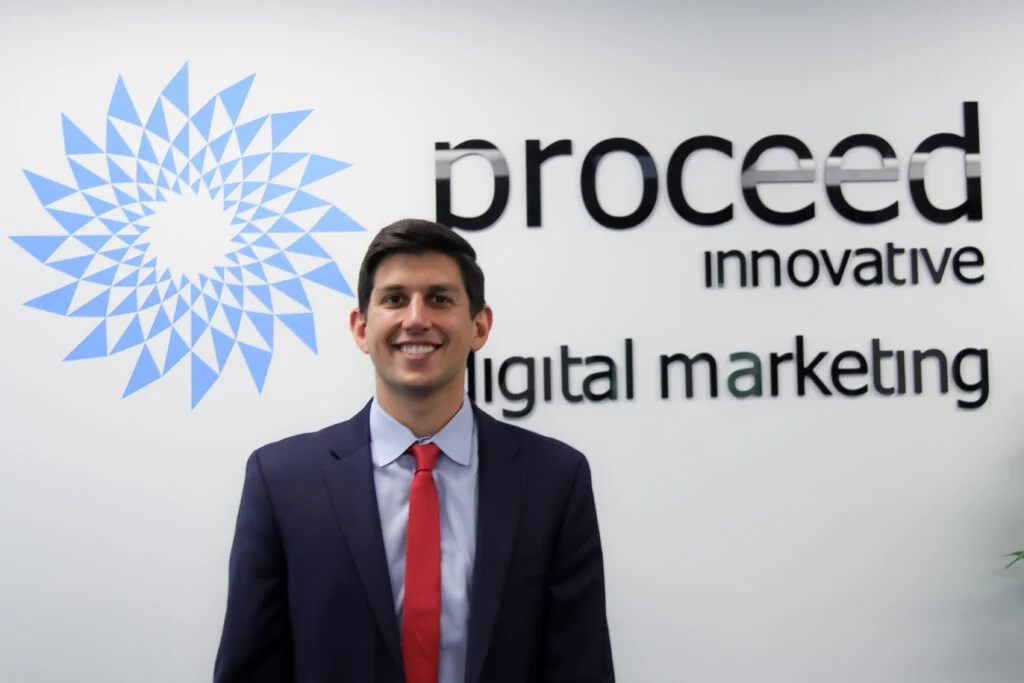Yes, you absolutely can rank on Google Maps without a traditional website. While having a website helps strengthen your online presence, it is not a requirement to show up in local search results. Google Maps rankings rely heavily on your Google Business Profile (GBP), formerly known as Google My Business (GMB). If optimized correctly, your GBP can rank well on its own—especially in local “near me” searches.
That said, there are some limitations. Not having a website may restrict your ability to drive traffic from broader organic searches and reduce your ability to convert visitors with rich content. Still, for many local businesses, especially service providers and solopreneurs, a well-optimized GBP can be more than enough.
1. How Google Maps Rankings Work (With or Without a Website)
Google’s local algorithm uses three main factors:
- Proximity: How close your business is to the searcher.
- Relevance: How well your listing matches the search query.
- Prominence: How well-known or reputable your business is.
A website can boost relevance and prominence, but you can bypass this with:
- Detailed GBP listings
- Customer reviews
- Photos and posts
- Accurate business categories and descriptions
Google Business Profile works best for:
- Local service providers
- Freelancers and consultants
- Physical storefronts
- Businesses in competitive local niches
2. How to Optimize Your Google Business Profile Without a Website
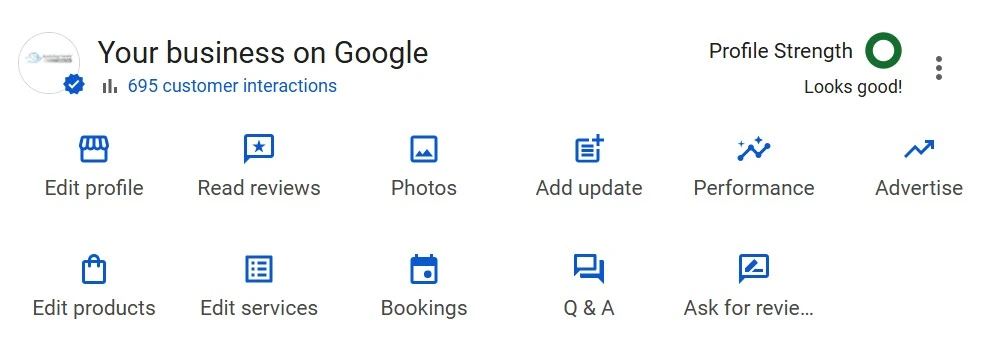
To maximize visibility, fully optimize your GBP:
- Complete every section: Add business hours, phone, address, and business description.
- Choose the right categories: Primary and secondary categories impact your relevance.
- Add services and products: Include detailed service descriptions and pricing if available.
- Use Google’s free site builder: You can create a simple one-page site through GBP.
- Verify your listing: This ensures your business is eligible to appear on Maps.
3. How to Use Google Posts to Boost Your Visibility
What are Google Posts?
Google Posts are mini updates that appear directly on your Google Business Profile (GBP), allowing you to communicate with potential customers right from the search results or Google Maps. These updates show up in the “Updates” section of your profile and are visible for 7 days (except event posts, which stay up until the event ends).
They function like social media posts but are SEO-friendly and targeted specifically at people searching for your business or services.
Types of Google Posts You Can Use
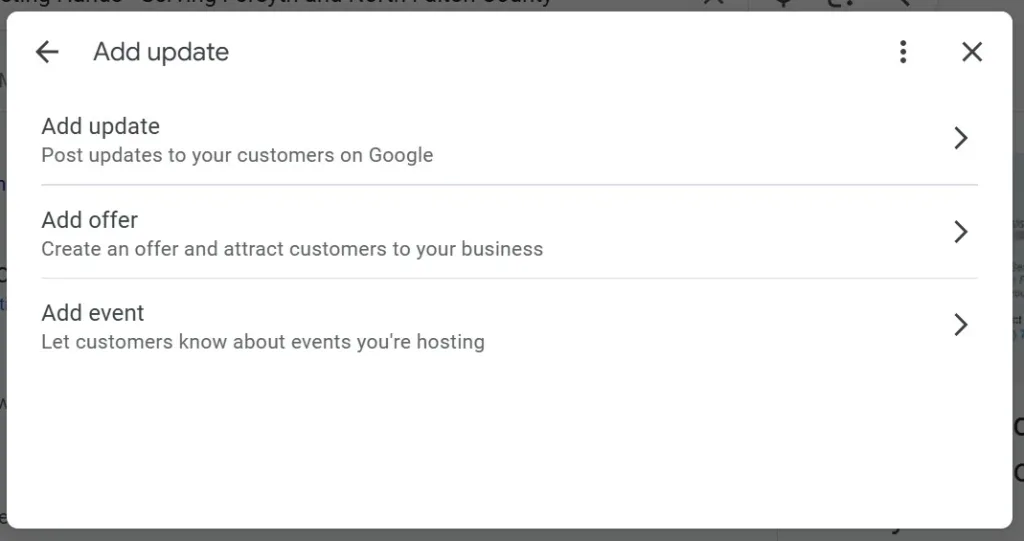
- What’s New Posts – Announcements, business updates, or new services
- Event Posts – Promote in-person or online events, including dates/times
- Offer Posts – Share promotions, limited-time discounts, or coupons
- Product Posts – Highlight a specific product, price, or feature
Use Google Posts to:
- Share special offers and time-sensitive promotions
- Announce business milestones, awards, or new team members
- Post answers to frequently asked questions
- Share seasonal messages or holiday hours
- Highlight customer testimonials or case studies
- Drive traffic to a Google Business Site or lead capture form
Best Practices for High-Performing Google Posts
- Post Regularly: Aim for at least 1–2 posts per week to show consistent activity
- Use Eye-Catching Visuals: Images should be 720x540px or larger, well-lit, and on-brand
- Keep Copy Concise: Your main message should fit within the first 100 characters to avoid truncation
- Add Keywords Naturally: Reinforce your GBP categories and services by using targeted terms
- Include CTAs: Use call-to-action buttons like “Call Now,” “Get Offer,” “Book Online,” or “Learn More”
Monitor Performance: Check GSC or GBP insights to see which types of posts drive the most engagement
4. Building Local Trust Without a Website
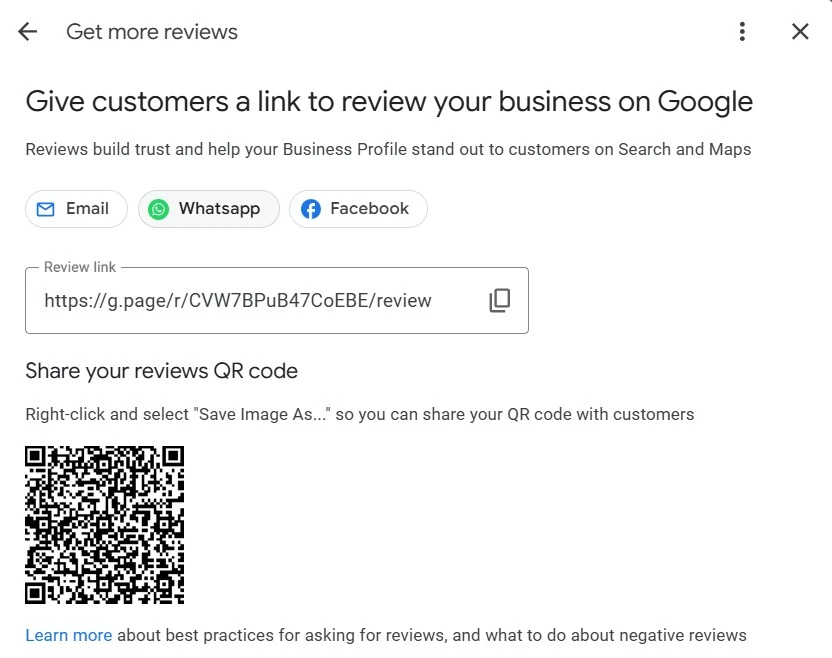
Trust is a major local ranking factor. Without a website, focus on these:
- Customer Reviews: Ask for reviews and always respond—positive or negative.
- Photo/Video Uploads: Regular media uploads show Google you’re active and engaged.
- Business Attributes: Add accessibility options, business ownership tags, etc.
5. Google Business Website vs. Custom Website: Which One to Use?
Google Business Site Pros:
- Free and easy to set up
- Automatically updates from GBP
- Mobile-friendly
Cons:
- Limited design and functionality
- Weak SEO compared to custom sites (e.g., WordPress)
- Difficult to scale or customize
When to Upgrade:
- You need blogs, booking systems, or eCommerce
- You want to improve organic rankings outside Google Maps
6. Directory Listings as a Website Alternative
When you don’t have a website, being on multiple local directories is essential.
Top directories to focus on:
- Yelp
- Bing Places
- Apple Maps
- Nextdoor
- Better Business Bureau
Tips:
- Keep your Name, Address, and Phone (NAP) consistent everywhere
- Use Local SEO tools like Moz Local or BrightLocal to manage citations
- Some tools help add schema markup to improve visibility
7. Mobile & Voice Search for Google Maps Rankings
More users now use mobile and voice search to find local services.
Optimize for Mobile:
- Use short, keyword-rich business descriptions
- Ensure your GBP has accurate hours and a call button
Optimize for Voice Search:
- Target “near me” queries in posts and service descriptions
- Include conversational phrases and FAQs
- Claim voice-friendly listings like Apple Maps and Alexa
Conclusion
With a strong Google Business Profile, consistent updates, and smart local SEO tactics, your business can gain visibility where it matters most. While a website helps long-term, a well-optimized GBP and local engagement through directories and posts can drive real results—without the tech hassle.

